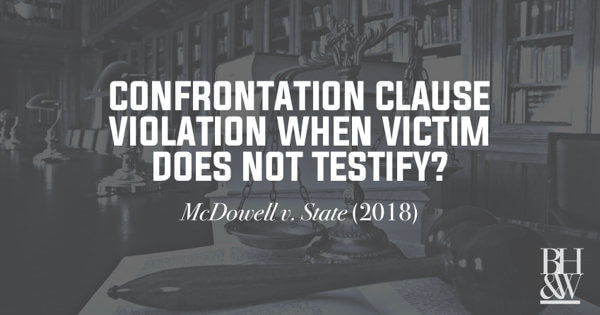Today, the Supreme Court ruled that dying declaration (classified in this case as “excited utterances”) made to police officers and identifying the suspect, were admissible despite the fact that the witness did not later testify at trial. The Court labeled the man’s statements “non-testimonial” for purposes of the Confrontation Clause (and the Crawford case). To read more about it, see CNN coverage HERE.
Read the Court’s opinion in Michigan v. Bryant.
Justice Scalia did not mince words in his dissent:
Today’s tale — a story of five officers conducting successive examinations of a dying man with the primary purpose, not of obtaining and preserving his testimony regarding his killer, but of protecting him, them, and others from a murderer somewhere on the loose — is so transparently false that professing to believe it demeans this institution.








